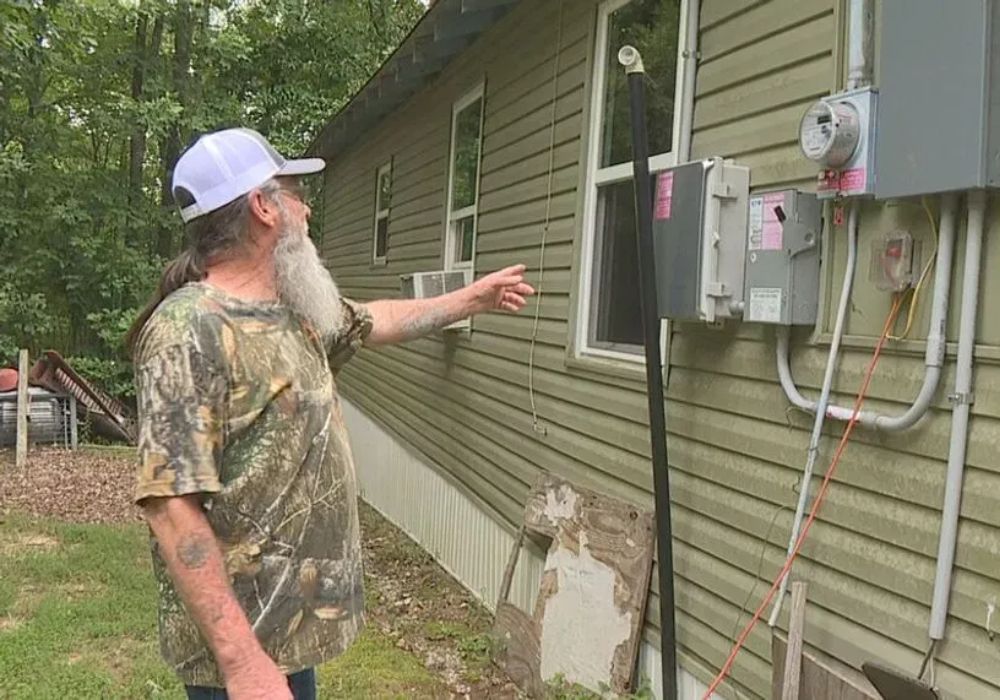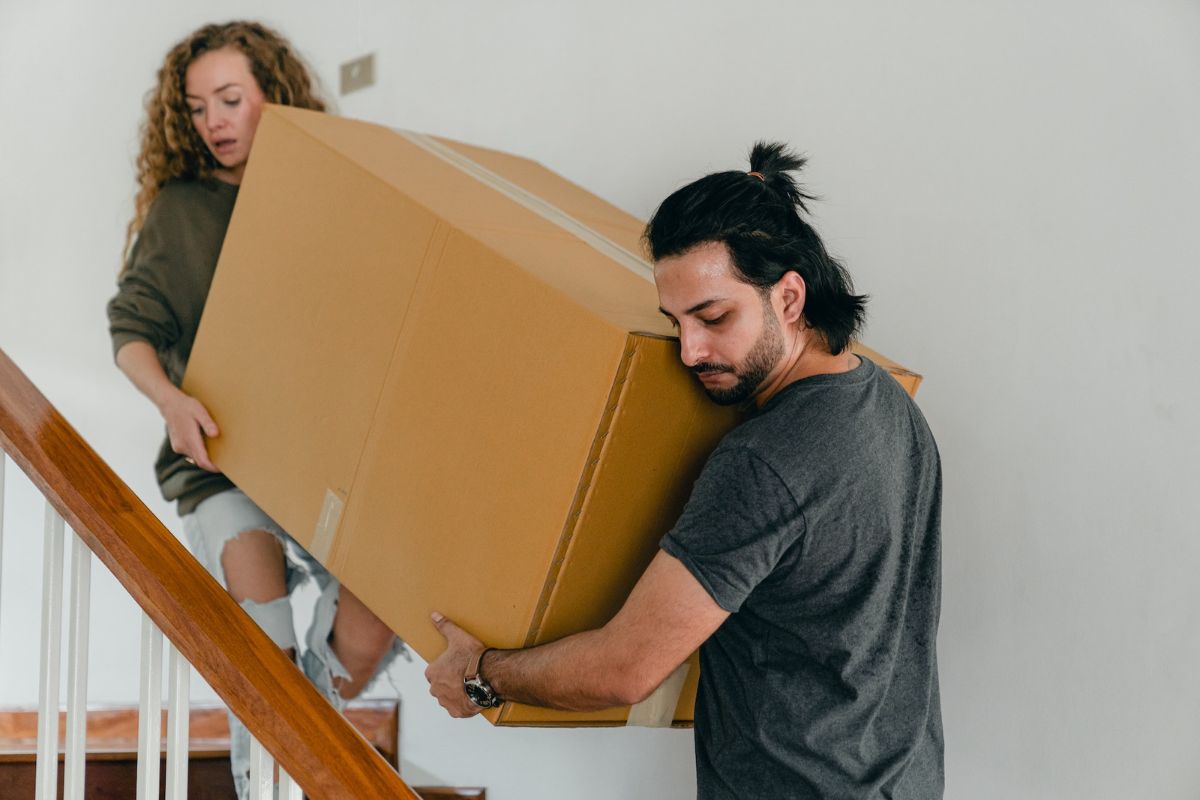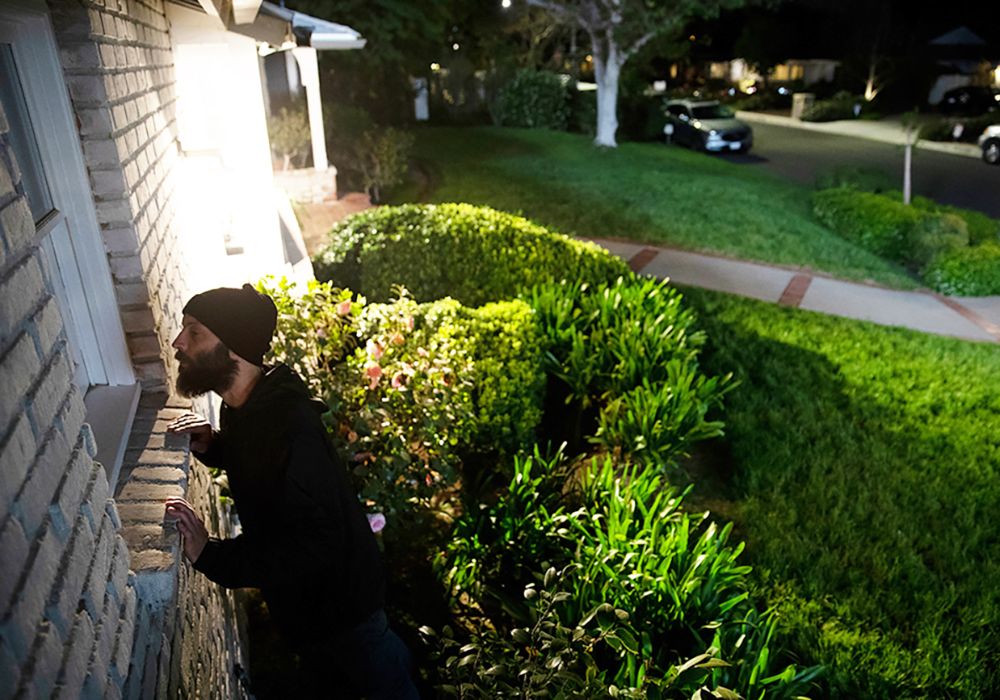When it comes time to move out of a rental property, tenants often wonder what cleaning responsibilities they have before vacating the unit. While landlords also have certain duties to maintain the property, tenants are generally expected to leave the place in a clean condition. This article will explore whether tenants are responsible for cleaning when moving out.
Are carpets and floors required to be cleaned?
Yes, tenants are responsible for cleaning carpets and floors before moving out. Vacuuming carpets thoroughly to remove dirt, dust, pet hair and other debris is an important cleaning task. Tenants should also sweep hard surface floors like hardwood or tile to eliminate dust and dirt buildup.
For hard floors, tenants may need to mop using an appropriate cleaner for the flooring material, such as a wood floor cleaner. Thoroughly cleaning carpets and floors helps ensure any stains or dirt accumulated during the tenant's residency are removed so the property can be returned in its original condition.
Related: Who Pays For Carpet Cleaning Tenant Or Landlord
Are other surfaces throughout the home required to be cleaned?

In addition to carpets and floors, tenants are responsible for wiping down and cleaning other surfaces throughout the rental unit. This includes countertops, shelves, windowsills, baseboards and any other flat surfaces.
Tenants should use suitable cleaning products for each surface type - for example, stainless steel appliances require cleaners designed for that material. Thoroughly cleaning all interior surfaces, from the kitchen to bathrooms, helps return the property to its move-in state.
Professional cleaners can be helpful if tenants need assistance with surfaces that require specialized cleaning methods like wood surfaces.
Is removal of trash and personal belongings necessary?
Yes, as part of their cleaning responsibilities tenants must remove all personal items and dispose of trash properly when moving out. This involves collecting and removing furniture, clothing, kitchenware and any other possessions tenants accumulated during their residency. T
enants should also thoroughly check closets, cabinets and storage areas to ensure no items are accidentally left behind. Any remaining trash should be recycled if possible or securely disposed of in garbage bins.
Completely emptying out the unit of personal belongings and trash allows landlords to fully prepare it for new tenants.
Are appliances required to be cleaned?
Cleaning appliances is another important tenant responsibility. Tenants should clean the interior and exterior of all major appliances such as ovens, refrigerators, dishwashers and washing machines. This involves removing any food particles or other residue that has built up over time from daily use. Special attention should be paid to hard to clean areas like oven racks which can be treated with a baking soda paste.
By thoroughly cleaning appliances, tenants leave the unit in move-in ready condition for the next occupants. Professional appliance cleaning may be necessary for appliances with heavy soil buildup.
Is pest removal and extermination necessary?
Pest removal and extermination is generally not a tenant responsibility unless the tenant's actions caused an infestation issue. Normal minor pest incidents like an occasional spider are considered regular maintenance issues that landlords handle.
However, if tenants' unsanitary habits or negligence resulted in a rodent or bug problem, they may be required to pay for professional pest control treatment before move out. Tenants are wise to keep their units clean and clutter-free to avoid any pest issues developing that could require costly remediation.
Are there specific cleaning standards tenants must meet?
The level of cleaning required from tenants can vary depending on what is stated in the lease agreement. Most leases require tenants to do a "broom clean" which means sweeping or vacuuming floors and removing all personal belongings. However, if the unit is excessively dirty beyond normal wear and tear, landlords may expect deeper cleaning like professional carpet cleaning.
It's important tenants understand the move-out expectations in their lease to avoid accusations that they didn't sufficiently clean. When in doubt, tenants can ask landlords for a cleaning checklist or standard to ensure all bases are covered.
What steps can tenants take to facilitate move-out cleaning?
To make move-out cleaning as seamless as possible, tenants can take several important steps. Creating a comprehensive checklist helps ensure no tasks are forgotten. Starting cleaning well in advance of the move-out date also prevents rushing. For heavily soiled areas, tenants can hire professional cleaning crews with special equipment and expertise.
Good communication with the landlord allows tenants to agree upon standards upfront or get guidance. Thoroughly documenting the property's pre-existing condition protects security deposits. With planning and cooperation, tenants can smoothly complete required cleaning to avoid issues down the line.
Conclusion
In summary, tenants are generally responsible for cleaning when moving out of a rental home. This typically involves deep cleaning carpets and floors, wiping down all interior surfaces, thoroughly cleaning appliances, removing trash and belongings.
However, expectations can vary depending on individual rental agreements and landlords. With proper planning, documentation of property conditions, open communication and utilizing professional help as needed, tenants can fulfill cleaning responsibilities and leave their former home in move-in ready shape to facilitate return of their security deposit.





